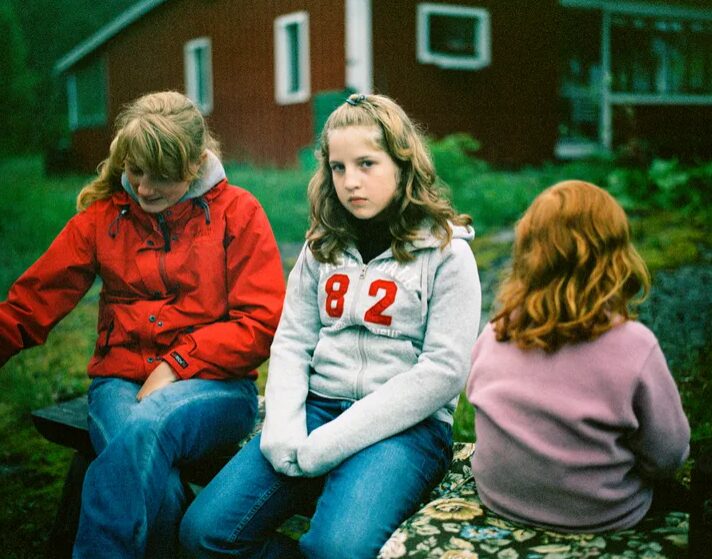Building good habits in your life (and ditching bad ones)

Jump to section
What’s the difference between habits and routines?
How long does it take to form a new habit?
Changing habits: 5 mistakes to avoid
Building good habits in 7 steps
Our habits shape who we are. Though we admit, forming positive habits isn’t always easy. And it can take a while to break an old habit.
Depending on whether they are healthy habits or bad habits, habits determine if we’re going to be happy or unhappy. Healthy or unhealthy. Tired or well-rested. Strong or weak. The power of habits is far-reaching.
Habits shape our attitudes, actions, and decision-making abilities. And they affect every aspect of our lives.
But before we can build good habits, we need to understand what habits are and how they’re formed. We also need to know what mistakes we should avoid in the process.
Let’s take a look at the art of building good habits, including the science behind them and how you can set yourself up to successfully form new, better ones today.
What is a habit?
A habit is a tendency to do something, whether harmful or health-promoting.

A good habit will help you reach your goals, develop both personally and professionally, and feel fulfilled. However, not all habits are good.
Habits are driven by reward-seeking mechanisms in the brain. They’re often triggered by something specific. For instance, walking past a cafe and smelling coffee beans can trigger you to want a cup. Feeling stressed at work can trigger you to smoke a cigarette.
After a while, habits become a repetitive part of your lifestyle.
Here are some other examples of habits:
- Brushing your teeth after eating a meal
- Putting on your seatbelt when you get inside a car
- Drinking a glass of wine when you get home from work
- Eating sugary or salty foods when you’re stressed at work
- Fidgeting with your notebook during a meeting
Forming habits is the brain’s way of being more efficient. As far as the brain is concerned, the more tasks you can complete without wasting time thinking about them, the better.
And our brain’s tendency toward efficiency can be positive.
For instance, drinking a green smoothie every morning benefits your health. And not having to relearn how to drive your car every day means you have reliable transportation.
Of course, this efficiency can also be negative.
For instance, biting your nails every time you have a meeting at work can wreak havoc on your nails. Or not brushing your teeth after eating can lead to tooth decay.

What’s the difference between habits and routines?
The main difference between a habit and a routine is awareness. Both are regular, repeated actions. But while habits run on autopilot, routines are intentional.
Routines need deliberate practice, or they’ll eventually die out. But a habit happens with little or no conscious thought.
For instance, a gratitude practice requires intention and effort. It won’t run on autopilot. The same is true for exercise. You’re not going to start exercising on autopilot. But (if you have the habit), you’ll grab a cigarette on autopilot.
For a routine to turn into a habit, the behavior will need to happen with little or no thought. For instance, let’s say you add drinking green juice to your morning routine. If one day you wake up and make green juice without thinking about it, you can consider it a habit.
The science of habits
In this section, we’ll break down the four stages of habit formation.
How do habits form?
Habit-forming is the process in which behaviors become automatic. It can be an intentional process, or it can happen unplanned.
For instance, you were most likely taught to wash your hands as a child. And after a while, washing your hands became automatic. It wasn’t intentional — it happened after lots of repetition.
Replacing your nightly glass of wine with a glass of water, on the other hand, is intentional. So is replacing your morning cup of caffeinated coffee with decaf.
One thing to keep in mind about the habit-forming process is that it doesn’t happen occasionally. It’s an endless feedback loop that’s running and active during every moment you’re alive. That brings us to the habit loop.


